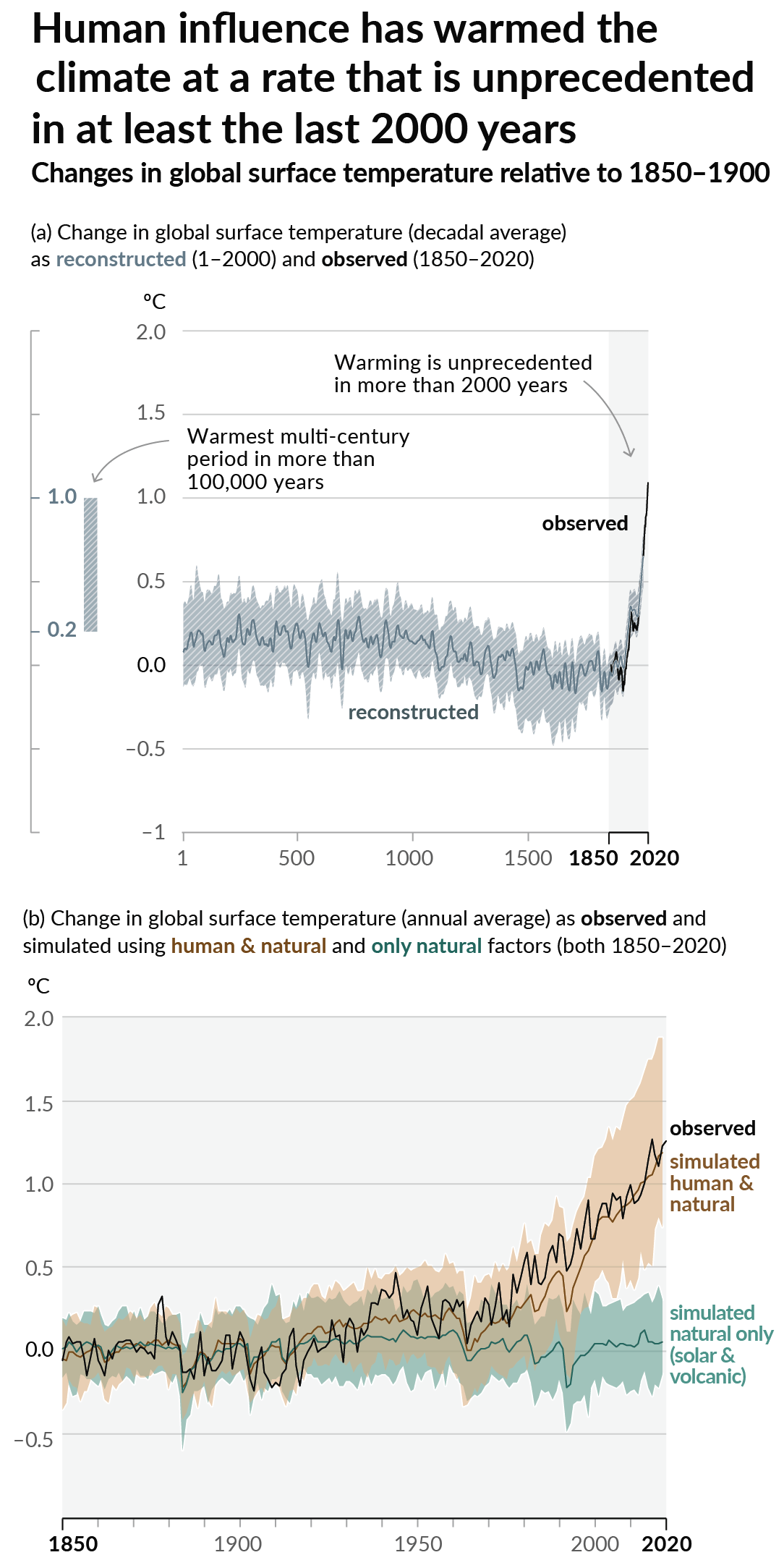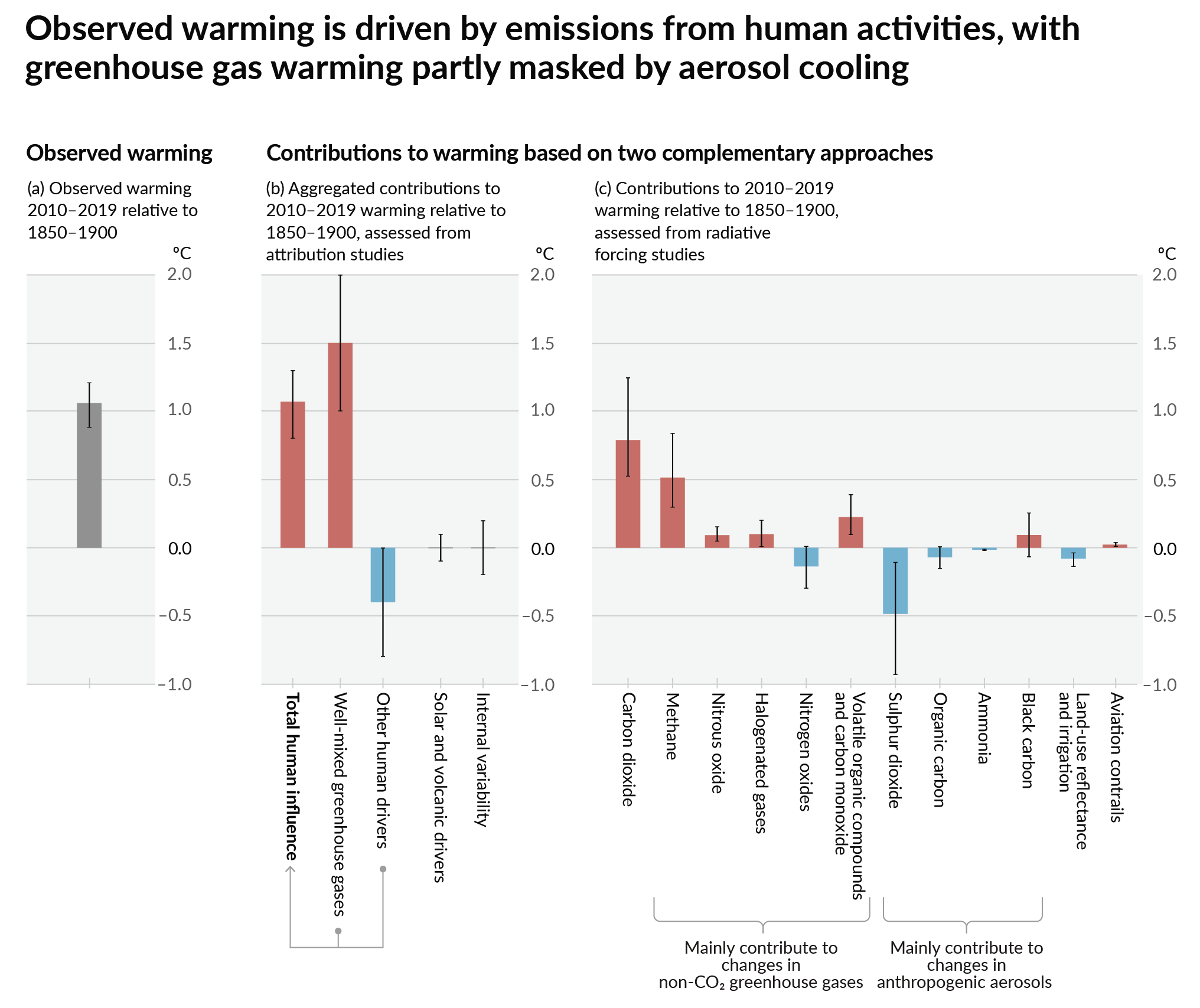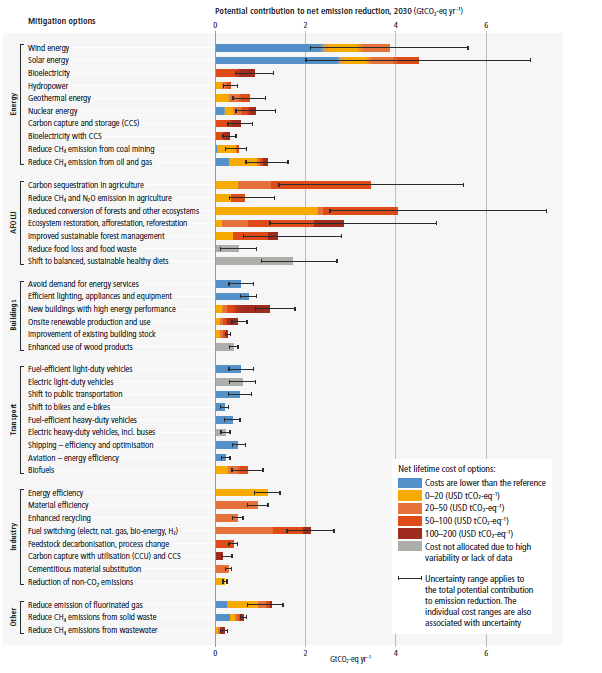61
America Needs To Install A Lot More Heat Pumps
(www.distilled.earth)
Discussion of climate, how it is changing, activism around that, the politics, and the energy systems change we need in order to stabilize things.
As a starting point, the burning of fossil fuels, and to a lesser extent deforestation and release of methane are responsible for the warming in recent decades:

How much each change to the atmosphere has warmed the world:

Recommended actions to cut greenhouse gas emissions in the near future:

Anti-science, inactivism, and unsupported conspiracy theories are not ok here.
They are -- the short answer is that installation is sometimes expensive because sometimes it's hard to connect it to someplace it can use to exchange the extra heat / cold, but once they're in, they're basically guaranteed to be more efficient than whatever else you're doing, since they have above 100% efficiency.
As usual, Technology Connections has a great video that goes in depth about it.
Did you... did you just claim over 100% efficiency? Physics has an issue with this. Also, I have something to tell you, a heat pump is just a reversible Air Conditioner.
Definitely better than a electric heater or a gas furnace, not some sort of miracle product.
Yes, they are typically calculated as having above 100% efficiency as they use the energy to move and concentrate heat instead of producing it like other heating systems. I agree that this is technically wrong, but it does make sense when looking at it in the above context of heating systems.
Yes, over 100% efficiency is exactly what I claimed. In winter, you'll get more BTUs of heat output from a heat pump than you had put in as BTUs of electricity input -- because instead of converting the electricity to heat, it's using the electricity to pull heat from the outside and put it in your house. Hence, it's a more energy-efficient way to do things than the laws of physics would allow for a device that directly converted electricity to heat. That's what it means to be a reversible air conditioner, yes.
IDK why me saying that is some kind of controversial statement -- it's simply a factual description of the product. There are scenarios and real-world constraints which may mean it's more or less sensible to install one, but over 100% efficiency is, exactly, the selling point of a heat pump.
Yes, he pumps do move more heat than the electricity that they consume. That's because they are a heat pump, not an energy conversion system like a motor.
No it doesn't - you're not creating heat, you're moving it. You can move more heat than the amount of energy you expend moving it. Hence the efficiency above 100%
It's a really bad piece of jargon, but is an internally consistent definition. They mean (heat entering building)/(work consumed) > 1
Which is a way if defining efficiency (energy out / energy in), just a really awful and misleading one.
In terms of % of carnot efficiency, the best heat pumps are about where stationary heat engines generally are, 40% or so.
Thank you! It seems to me to be like saying "LEDs are more than 100% efficient because we're applying the same metric of efficiency that we would for incandescent bulbs". They're two different methods of generating heat, why would you use the efficiency rule from one to judge the other?